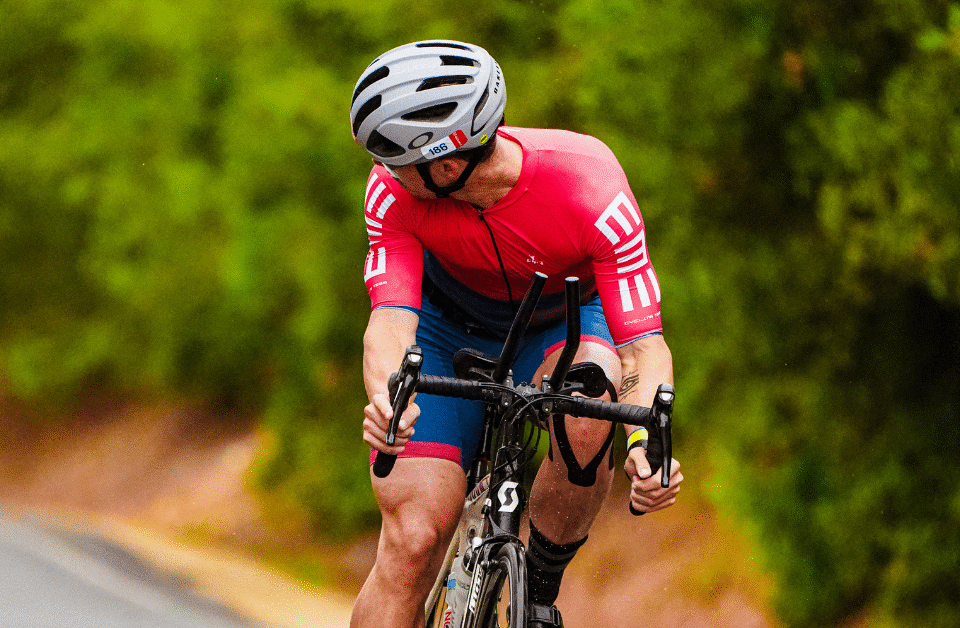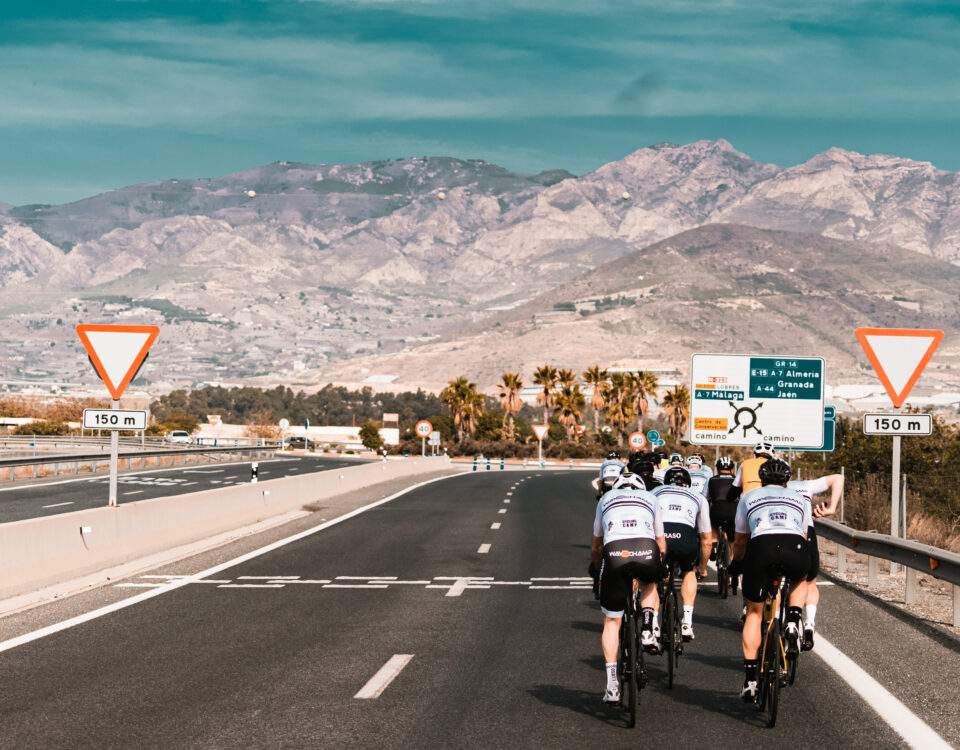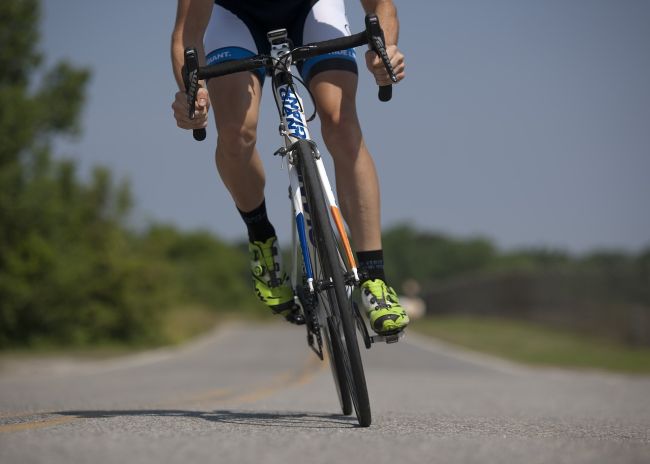
The primary muscles in cycling – the pedaling cycle
13 September 2017
Don‘t be afraid of weights!
31 October 2017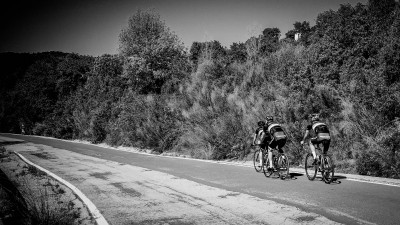
It might seem that fall is the least significant time of the year in the training cycle. Nothing more wrong
From the coach’s perspective, autumn is one of the most critical periods during the year. Its primary purpose is both to rest and to analyze what went well and what is wrong in the current season. After drawing conclusions and living a deep recovery, we can prepare much better mentally and physically for the new challenges.
1. Do not forget the transition period
Many athletes fear the transition period. They ask themselves: “What will happen if I loose my physical condition?”, “I cannot afford to rest now; I did not ride much during the season.” However, it is worth looking at the transition period from the perspective of the end of the 2018 season, not 2017.
We are, therefore, in October 2018. Looking back over the year, we see that winter and spring belonged to us – we did not do the transition period, and we were in good shape in March. We were able to keep up with our colleagues in local races, and we stood on the podium several times in April. In the Calpe training camp, nobody could keep up with us on the uphills.
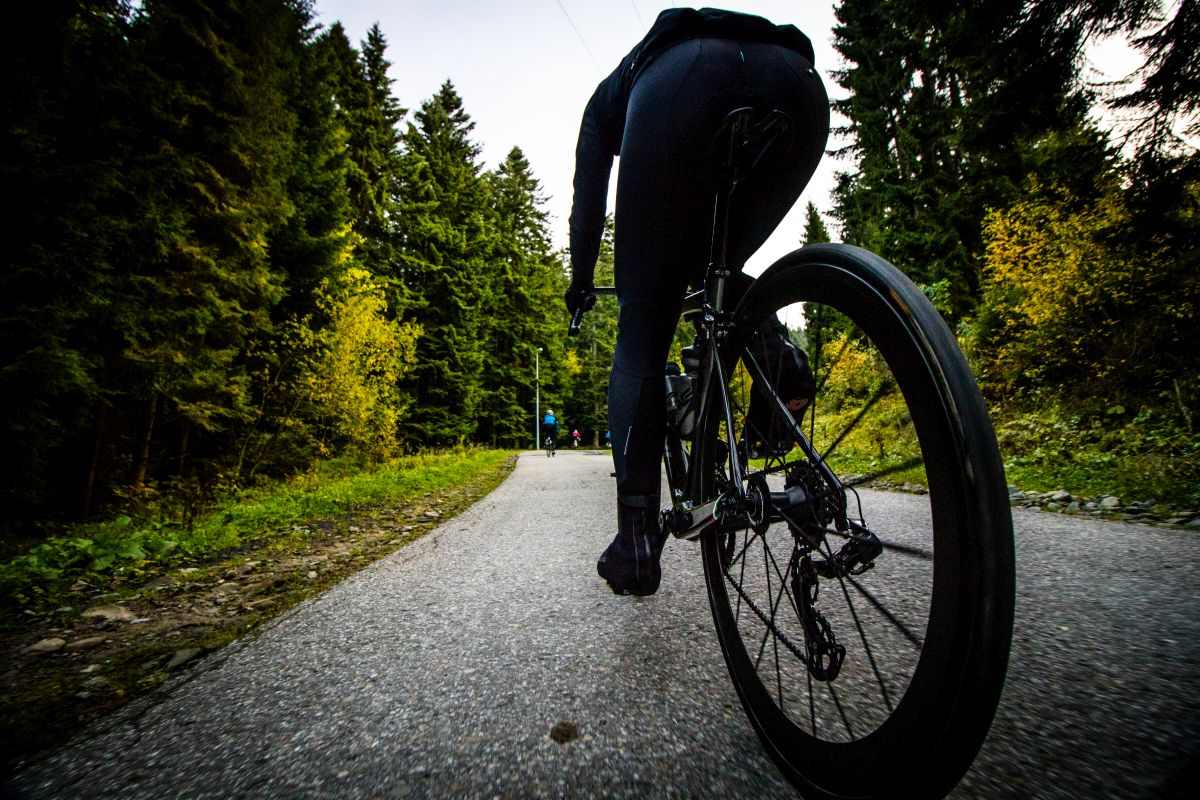
In May, however, there was a slight collapse of physical condition. From June on, a sturdy slump of shape, discouragement, lack of motivation to ride and race. In my opinion, it is mainly the effect of the lack of (or an incorrect) transition period after the previous season
So, what should a transition period look like? There are several rules:
- We descend in volume and intensity, gradually, for about 2-3 weeks
- We lower the TSS in the following weeks. As an example, in the last week of training we had a TSS of 700, then the next three weeks of training should be done at a TSS of 600-450-300, allowing the body to calm down slowly
- Adjust the workouts to the weather, mood, let’s ride more in a group or on a different type of bike if we feel like it – it’s time to relax mentally and ease off the training regime
- After the transition period, let’s do an off-season, entirely without a bicycle, for about 2-3 weeks. The goal is a complete psychic and physical rest after the season. It is a good idea during this period to focus on healing all minor injuries, making medical and dental appointments. After such 4 to 6 weeks of total rest, we must gain the motivation and hunger of the bicycle, which will accompany us throughout the 2017/2018 season.
2. Strengthen yourself
It is often the case that cyclists set aside the gym and deep muscle exercises during the racing season. While in the winter many of us pay attention to them, the enthusiasm of racing struggle and preparations precludes, in many cases, the inclusion of additional exercises.
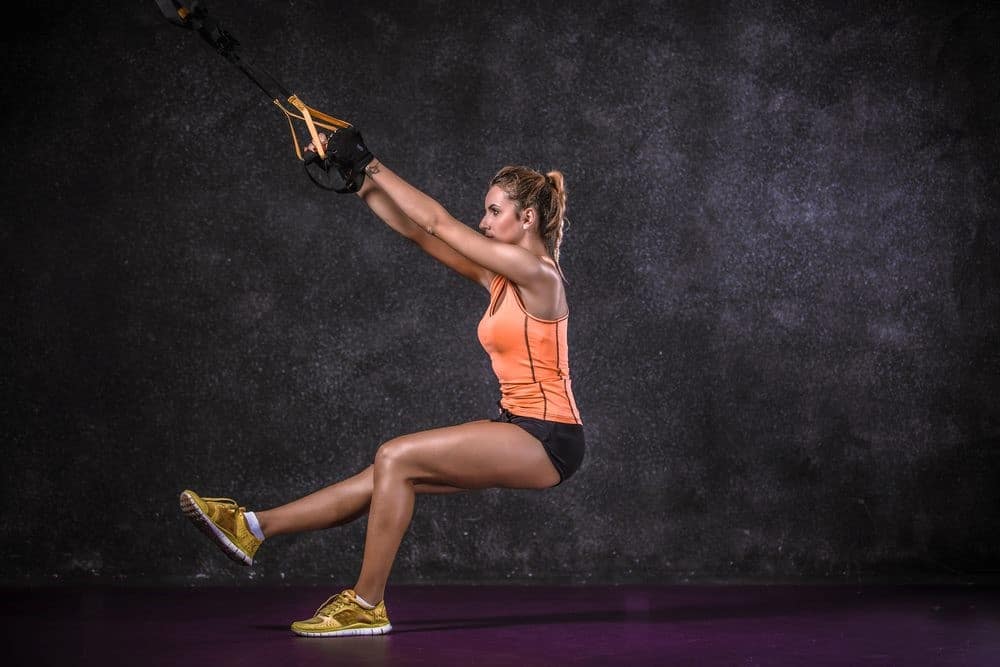
Meanwhile, training with the weight of your own body gives you excellent results – not only on a bike but also in everyday life. It allows you to prevent injuries, strengthen tendons and ligaments (useful in other types of sports). In addition to strengthening the training effect of all other exercises thanks to a higher testosterone burst after a strength workout.
My recommendation is to take advantage of autumn to:
- decide to begin strength training, either core or free weights
- as a base: inclusion of exercises for the deep muscles and all the muscular corset with the weight of your own body (it is possible to do it at home, 2-3 times a week)
- for the ambitious: the best results are obtained with the combination of exercises for deep muscles (2-3 times per week for 15 minutes) with a structured training in the gym throughout autumn and winter and the maintenance of the effects in the season (1-2 times a week)
3. Take care of yourself
Transition period is for many of us not only o a period of loosening with training, but also of eating like a king.
Meanwhile, our body does not like a revolution. Instead of switching from a cycling diet to junk food combined with alcohol, in my opinion, it is better to preserve the balance. Give yourself a break a few times a month and go crazy (if you wish, of course). But for the rest of the time, focus on nutritional meals – in the end, what we consume now, will rebuild our body throughout the season. Wouldn’t it be better to have avocado, beef /fish, and nuts as the base of our recovery, rather than doughnuts, Nutella or pizza?
Additional advice is not to gain more than 5% of your body weight in this period. This will allow you to return quickly to the right weight after resuming workouts.
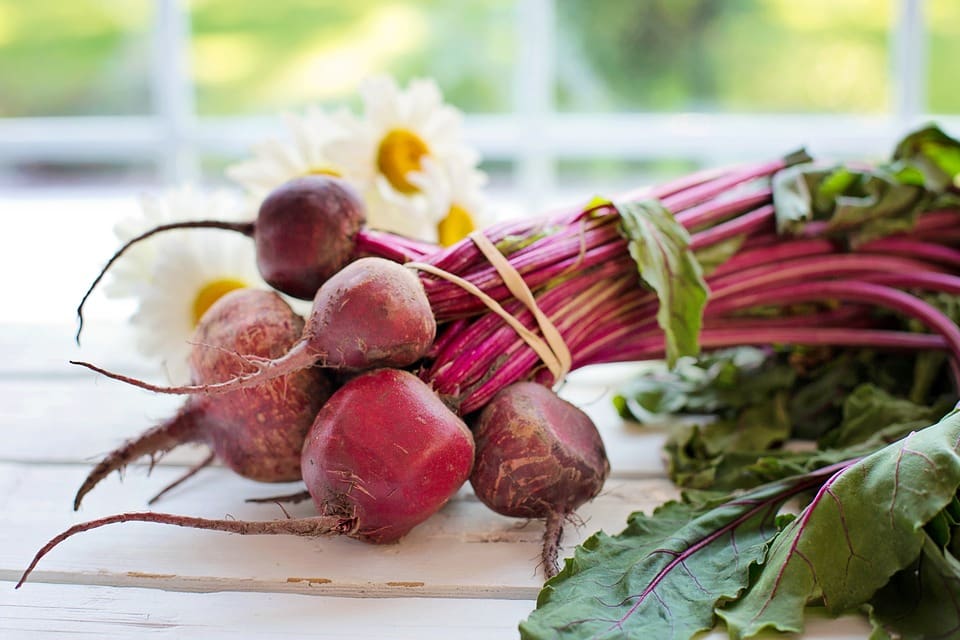
In addition to the diet, it is also worth giving your body a treat. A series of massages, spa treatments, and physiotherapy can work wonders for a tired body that traveled between 8 and 15 thousand kilometers during the season.
Food tips
- Decrease your carbohydrate intake by 20-30%
- For lunch, limit the amount of cooked rice, grout or pasta to 50-60g instead of 80-120g
- Have a big breakfast a light lunch and for dinner only a mix of protein and vegetables
- Limit the intake of isotonic drinks (it is sufficient that you use water with fruit syrup or honey/lemon during the rides)
- Limit the intake ofsupplements – your liver will thank you for this, mainly if you have used regular supplementation during peak season and preparation
- If you have thought about some food experiments like fasted workouts, depurative diets, etc. – now is the time for all kinds of “tests”
- Carbohydrates: groats, brown rice, baked potatoes
- Fats: sea fish, nuts, avocado, extra virgin olive oil (for salads /bread)
- Protein: lean beef, pork, veal, duck, turkey, goose, chicken, eggs, wild game, dairy
- Fruits: apples, plums, raspberries, pears
- Vegetables: broccoli, asparagus, beans, zucchini, cauliflower, radish
4. Sleep better
In recent months, you’ve been training hard; you’ve raced a lot. Your fitness (CTL) is usually at a high level before the transition period, but it also means that you have accumulated a lot of fatigue in your body during this time.
- If you have a chance, increase your sleep length by 1-2 hours during the night
- If you cannot extend your sleep at night, give your body a 15-30 minute nap during the day (between 1:00 p.m. and 3:00 p.m.), it will be beneficial for your body and mind since it can replace up to 1 – 1.5 hours of night sleep
- To improve your sleep quality: reduce the temperature in the bedroom to approximately 16-18 * C, avoid the light of the phone /computer /TV 1-2 hours before bedtime (it disturbs melatonin secretion) and darken and moisten your bedroom as much as possible.
5. 5. Catch up with your social life
If we train a lot during the season, we leave for weekend racing; we have little time left for social life, especially with an intensive professional and family life. Now is the time when it is worth catching up and ensuring relationships that are important to us.
